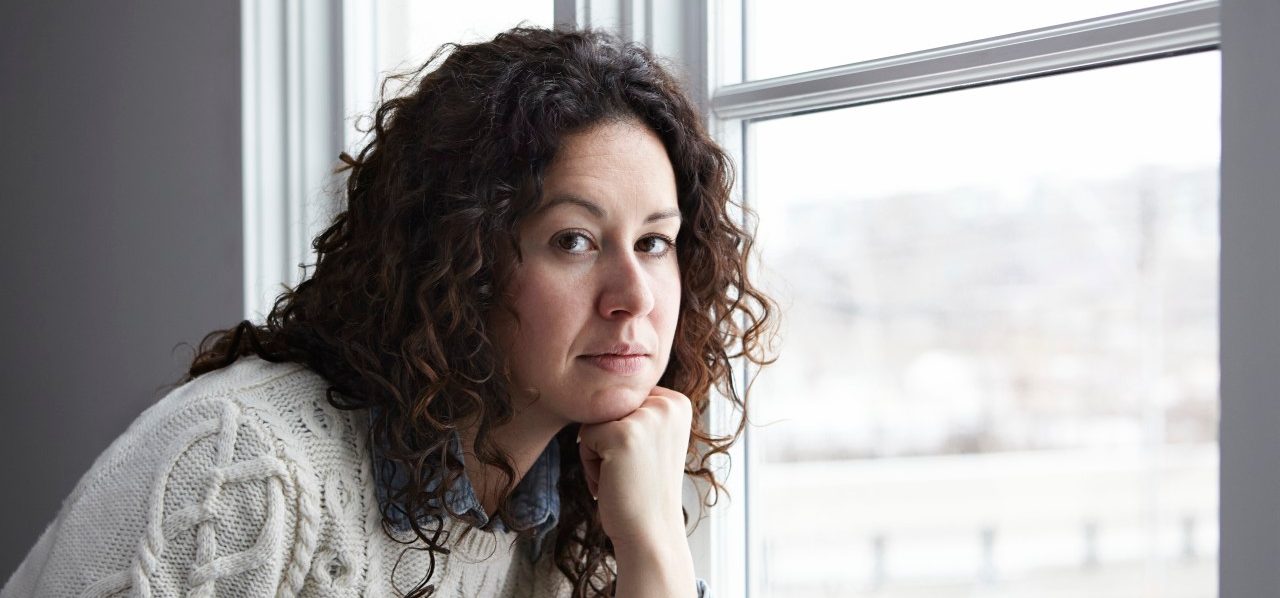How Anxiety Affects Your Health

Stomach, heart, and respiratory troubles are all aggravated by fear.
Many people know that an anxiety attack can make you nauseated or tired. Did you know that it’s tied to diarrhea, frequent urination, muscle pain, and headaches?
When you are afraid, your heart rate and breathing speed up, and your muscles tense up. This is a useful response if you need to run from danger. But if your fear is vague or you can’t take any immediate action, your bodily response can go on and on, with no clear end-point. You may see effects on your health, relationships, or job performance — and develop more fears.
YOU MIGHT ALSO LIKE: Fear and Trauma Can Be Passed Through the Generations
To avoid this spiral, develop and consistently practice ways to calm yourself. Don’t let fear get the upper hand. It’s tempting to hide: bow out of a date or party; avoid new assignments at the office; put off taxes and budgeting or investing; and skip an appointment with the dentist or mammogram. Not surprisingly, if you’re afraid of a dental exam you are more likely to end up with poor dental health. You might overeat or turn to alcohol or another drug to calm you down, bringing on other health problems.
Anxiety aggravates a number of chronic illnesses. You may not realize how much anxiety is contributing to the illness, while trying very hard to treat it.
People with digestive problems are more anxious than the general population, and the worse your stomach issues, the more anxious you’re likely to be. Worrying about what you can eat and when you’ll need a bathroom isn’t fun.
Anxiety will aggravate asthma, when your airway becomes inflamed, and chronic obstructive pulmonary disease (COPD), when your airways become less elastic and can’t fill or expel air completely. In one large study, 26 percent of people with a new diagnosis of COPD, or who were judged to be at risk, also suffered from depression or anxiety.
Heart disease is strongly linked to anxiety as well. Post-traumatic stress disorder, or PTSD, — a form of ongoing fear — increases your risk of heart disease and dying of heart disease by more than 50 percent. If you have a heart attack and become very anxious that you’ll have another one, you are more likely to die of heart disease. People with hypertension may be more likely than the general population to be anxious about social relationships or avoid them. Women with phobias and panic attacks are more likely to have strokes and heart attacks. (In a panic attack, your bodily sensations are turned up to the hilt: all at once, your heart is racing, you’re sweating, and you’re dizzy or weak. )
Don’t blame yourself, which will only increase your fear. Anxiety seems to run in families. It can be triggered by traumatic effects, such as a rape or natural disaster, and women may become anxious because of hormonal changes.
About 20 percent of Americans develop an anxiety disorder. If you recognize any of these symptoms in yourself or anyone under your care, do get help from a mental health professional.
Anxiety disorders include phobias — fear of bugs or heights are among the most common.
People with social anxiety become so self-conscious and afraid of rejection or embarrassment that ordinary social situations feel like dates or job interviews. They may start to hide in the house.
People with obsessive-compulsive disorder develop exaggerated fears that they try to relieve with repetitive actions — washing their hands several times to escape contamination or turning a doorknob over and over to make sure the door is locked.
A mental health professional will help you choose among remedies and keep up good habits. You might try cognitive behavioral therapy, which teaches you to think differently about situations in your life; or psychotherapy to explore how your situation or history may be influencing your mindset. There are medications designed to fight anxiety, such as clonazepam (Klonopin), alprazolam (Xanax), and buspirone (BuSpar). Antidepressants can also fight anxiety or panic disorders. Exercise, relaxation techniques, changes in diet, and keeping to a sleep routine can all make a big difference, too.
In Franklin Delano Roosevelt’s first address when he was elected president in 1933, Americans faced the beginning of the Great Depression. Roosevelt didn’t deny the danger. Yet he urged the nation not to stop in its tracks, famously saying, “The only thing we have to fear is fear itself — nameless, unreasoning, unjustified terror which paralyzes needed efforts….” Recognize the problem, and with effective help, you can tame that dread.
Updated:
April 03, 2020
Reviewed By:
Christopher Nystuen, MD, MBA